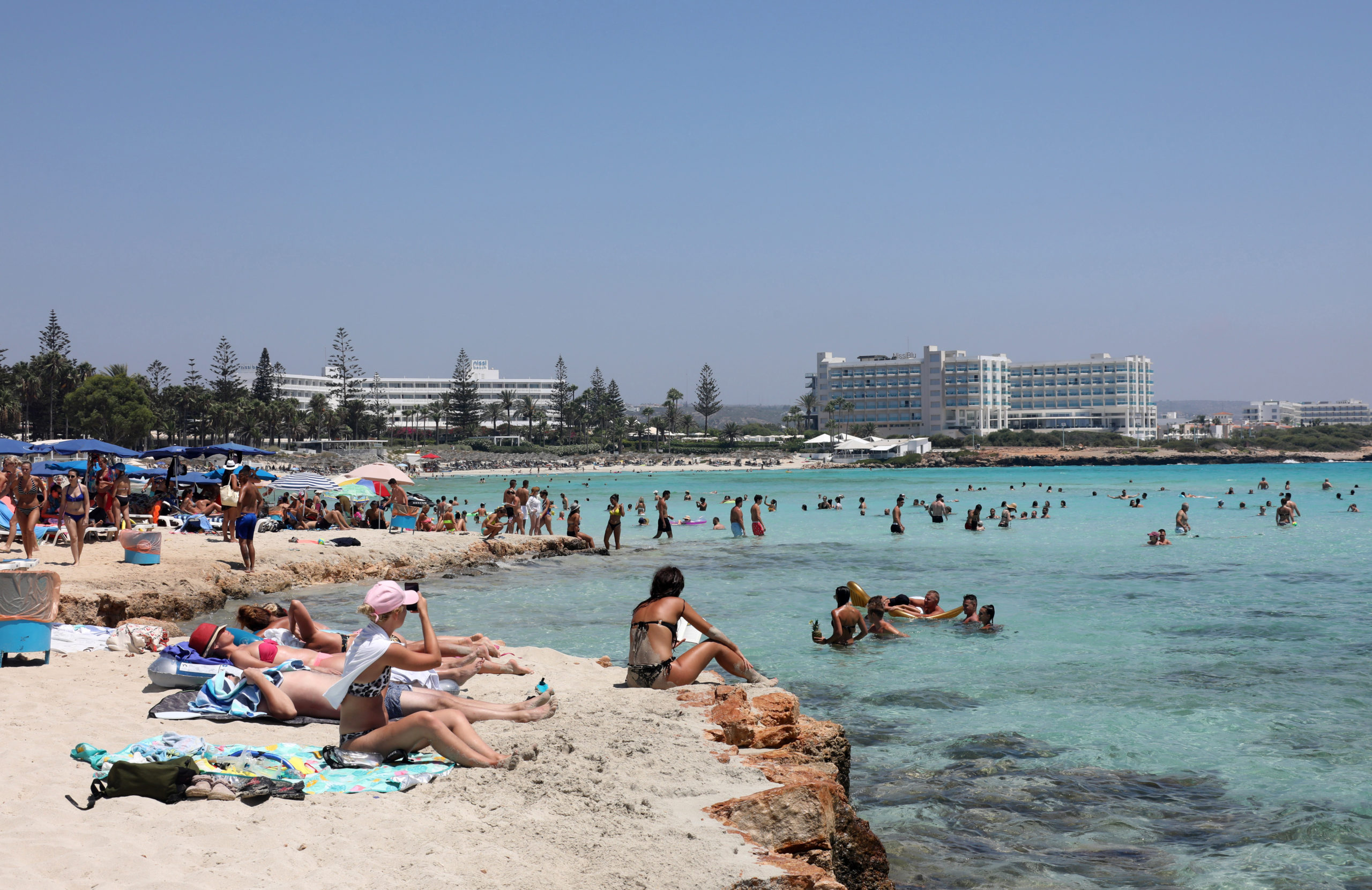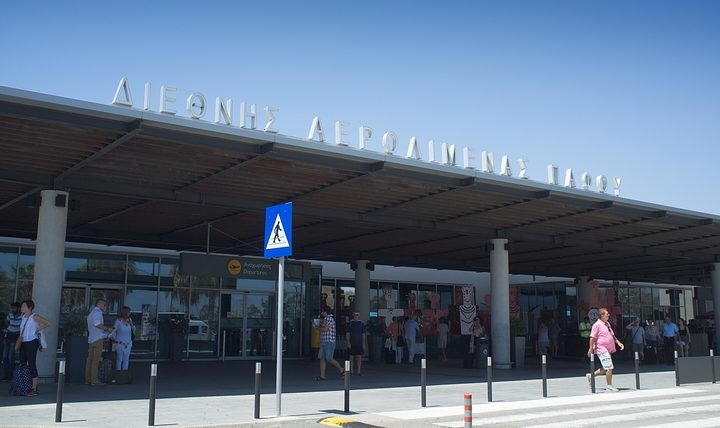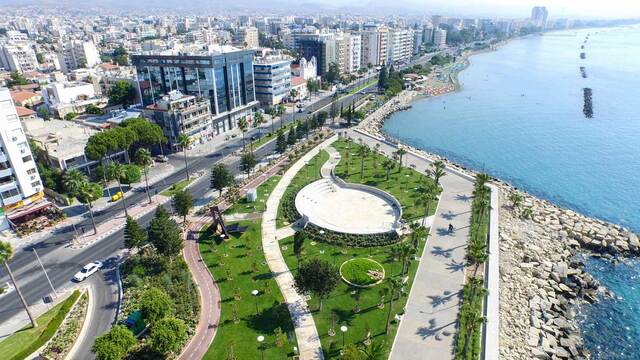Catering for the wealthy jet-set is one way Cyprus can attract visitors in the aftermath of coronavirus where the rich can enjoy a secure holiday bubble, suggests Deputy Tourism Minister Savvas Perdios
Private jet travel could be promoted as an option for “people with very high incomes from countries such as Russia, Israel, and the Arabian Gulf,” said Perdios in an article for World Tourism Day on September 27.
He said people with means “want to avoid the risk of getting on a plane with a large number of people, thus risking the possibility of being listed as a contact and undergoing the consequences of mandatory self-isolation.”
Perdios said Cyprus needs to change its mindset from mass tourism to meeting the demands of the rich and wealthy plus providing for other niche markets.
“People of such income levels expect similar high-level services from the destinations that welcome them”.
Given changing trends, the deputy minister believes that Cyprus must review its marketing abroad, promoting digital advertising with an emphasis on travellers with specific interests.
With Cyprus tourism deeply scarred by the pandemic, Perdios expects stakeholders to be licking their wounds well into 2023, or even 2024.
“This year will be a different Tourism Day…The World Tourism Organisation expects a reduction in global tourism in 2020 by at least 80 per cent, a statistic that seems to be in line with the case of Cyprus.”
He argued COVID-19 had put greater emphasis on nature with people appreciating the outdoors more after lockdown regimes.
A growing number of tourists are looking towards slow tourism, seeking to avoid crowds and explore more authentic places.
Avoiding crowds
“Travellers are looking for unique experiences, climate-friendly holidays, and extended stays, combining working online with being on vacation.
Wanting to avoid crowds, many holidays will take place during off-peak months and passengers travelling on cruises are expected to choose smaller cruise ships.”
Perdios also sees a trend toward ‘boutique conferences’ as part of the new era where some participants attend online.
“The conference sector will be drastically changing, with increased demand for smaller conferences focusing on quality rather than quantity.
Many of these ‘boutique’ conferences will now be ‘hybrid’, allowing attendees or speakers to participate online”.
Perdios referred to the health and wellness sector which he believes must turn to “holistic wellness”.
“Health and wellness should now have a holistic approach, and be linked to healthy eating, activities in nature to reduce stress, mental health, detoxification programs, sun exposure for Vitamin D absorption, fresh air, conducting personal medical examinations…”
Perdios argued that the government should be encouraging local stakeholders in learning foreign languages to improve communication with visitors by subsidising seminars.
He further said that Cyprus should be looking to develop special forms of tourism such as agrotourism, something which will also alleviate the problem of seasonality.
He recommended the state should, “create an authentic route in the mountains, the countryside and other areas, up to 300 kilometres long, which will be displayed digitally, allowing travellers to choose personalised holiday experiences, and make online reservations.”
The ministry also supports a small increase in the building coefficient on agricultural land, so that people engaged in agriculture can combine their profession by providing tourist accommodation.
Perdios argued that funds could be drawn from the EU to restore houses in the mountains and the countryside.
“It is obvious that everything is changing around us.”
“If we achieve these goals, then there is no doubt that tourism will once again become the pillar of our economy”.










